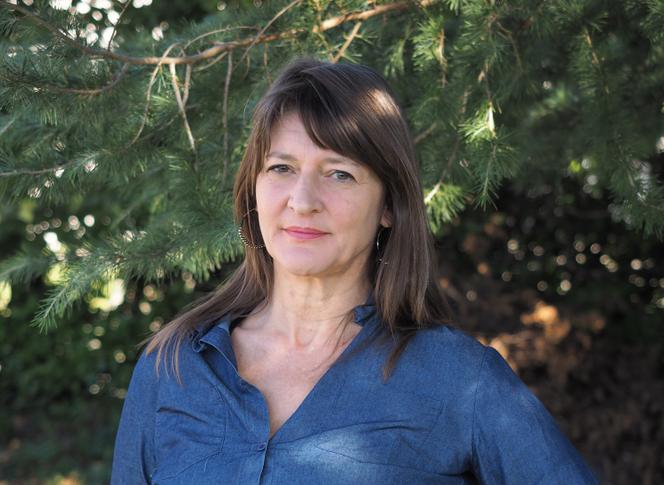

Christine Détrez: 'Crushes are a way of reintroducing fantasy, not in a sexual but a romantic sense'

Christine Détrez is a professor of sociology at the Ecole Normale Supérieure in Lyon and director of the Centre Max-Weber. Her research focuses on gender and cultural issues. Her publications include Nos Mères. Huguette, Christiane et Tant d'Autres, une Histoire de l'Emancipation Féminine ("Our Mothers. Huguette, Christiane and so Many Others, A History of Women's Emancipation," 2020) and the novel Pour Te Ressembler ("To Be Like You," 2021).
Simply put, a crush is an attraction to someone that is meant to remain secret. Just as there was a flirtation culture in the 1960s, there's now a crush culture. For me, using this word as a starting point was a good way to question young people. It's simpler than asking broad questions about love and friendship.
If you're a crush purist, then yes, it shouldn't be consummated, especially when in middle and high school. In fact, the young people I interviewed said that once it becomes a reality, it's no longer a crush. It becomes a serious relationship, a partner, a boyfriend, a girlfriend. On the other hand, young adults can have concrete relations with someone they still consider their crush.
It's a bit of a catch-all term that encompasses different categories. The one where you never expect reciprocity is the celebrity crush, like a crush on the actor Timothée Chalamet. It's unlikely that you'll ever get any sign of reciprocation from that person. It could also be someone you see passing by on the subway, whom you get a crush on but never approach.
So there's a category of crush that remains completely virtual. But there are others, especially in high school, whose purpose is more to laugh and chat with your girlfriends. "I wasn't sure I had a crush, but then my girlfriends told me I did, so it became a crush," one girl told me. They're a way of collectively learning to decode the signs of attraction; in a way, of learning to love.
There's a whole series of strategies designed to find out if it's mutual. For example: "Did he look at me?" Eventually, sometimes you just say "hello" briefly and awkwardly to your crush in the cafeteria and that's as far as it goes.
It's often a very physical reaction, an attraction to someone you find handsome. Beyond these basic reasons, which have always existed, there's also the need to have a crush when you're a teenager, a bit like an essential accessory, like wearing trendy clothes. It makes you someone who stays current.
You have 73.34% of this article left to read. The rest is for subscribers only.
